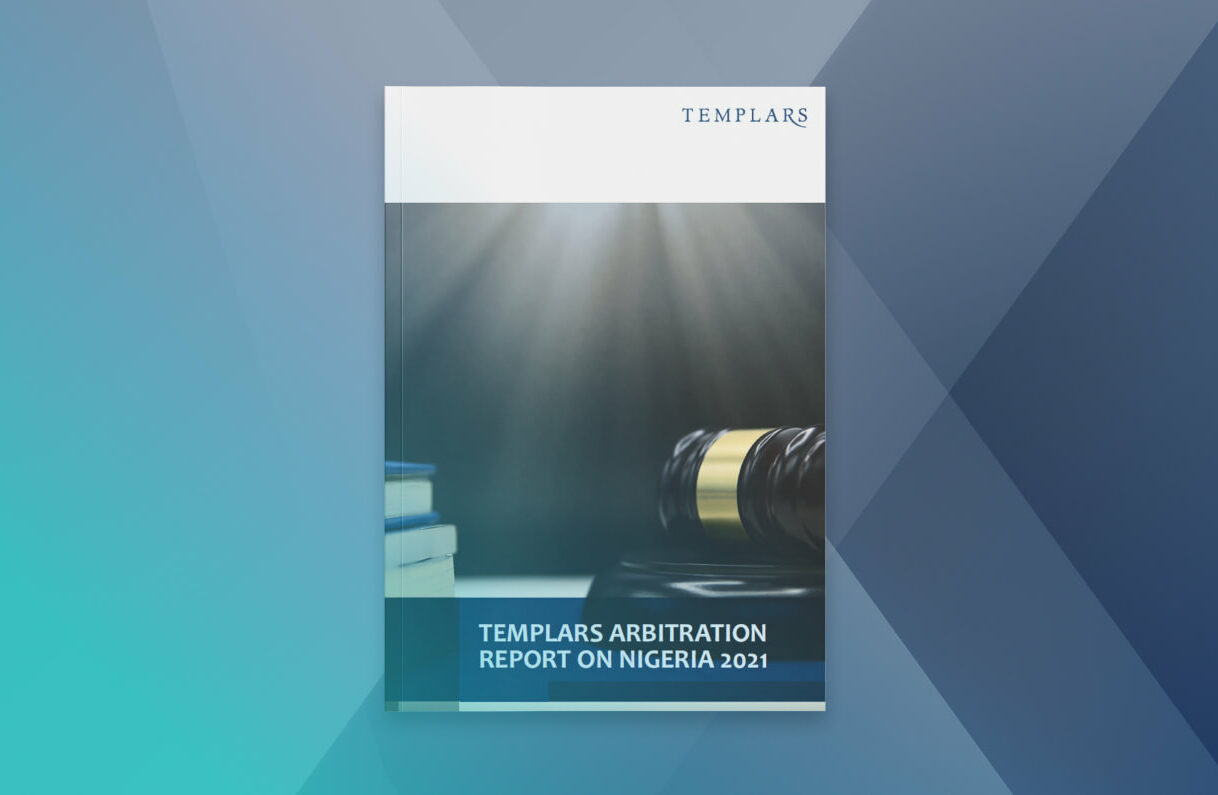Choice of court/choice of jurisdiction clauses are a staple in many contracts between foreign and Nigerian entities, especially in franchise, distributorship and sales representative agreements or such similar contracts where the foreign entity has no local presence. Typically, the clauses are inserted for the benefit of the foreign entities, to ensure that disputes arising from the agreement would be heard (exclusively) by their home courts or a ‘neutral’ court of their choosing.
In practice, it is common to see attempts being made to commence lawsuits in Nigeria over contractual disputes that are covered by choice of foreign court provisions. These attempts are usually made by the Nigerian parties, presumably because they may only have realized the extent of the burden of commencing an action in a foreign court at the point that a dispute has arisen. Lately, however, a few foreign parties have themselves found reasons to seek to litigate in-country against their local counter-parties despite their contractual choice of foreign courts.
Considering this a typical trend, we highlight in this article the market conditions that may be responsible for the surge in foreign entities seeking to sue their local counterparties in Nigeria despite having agreed to the courts of other jurisdictions in their contracts. We also discuss the chances and potential implications of a foreign entity successfully litigating in Nigeria despite an agreement to litigate abroad. Finally, we touch on the potential viability of introducing unilateral option clauses in place of exclusive choice of foreign court provisions.



